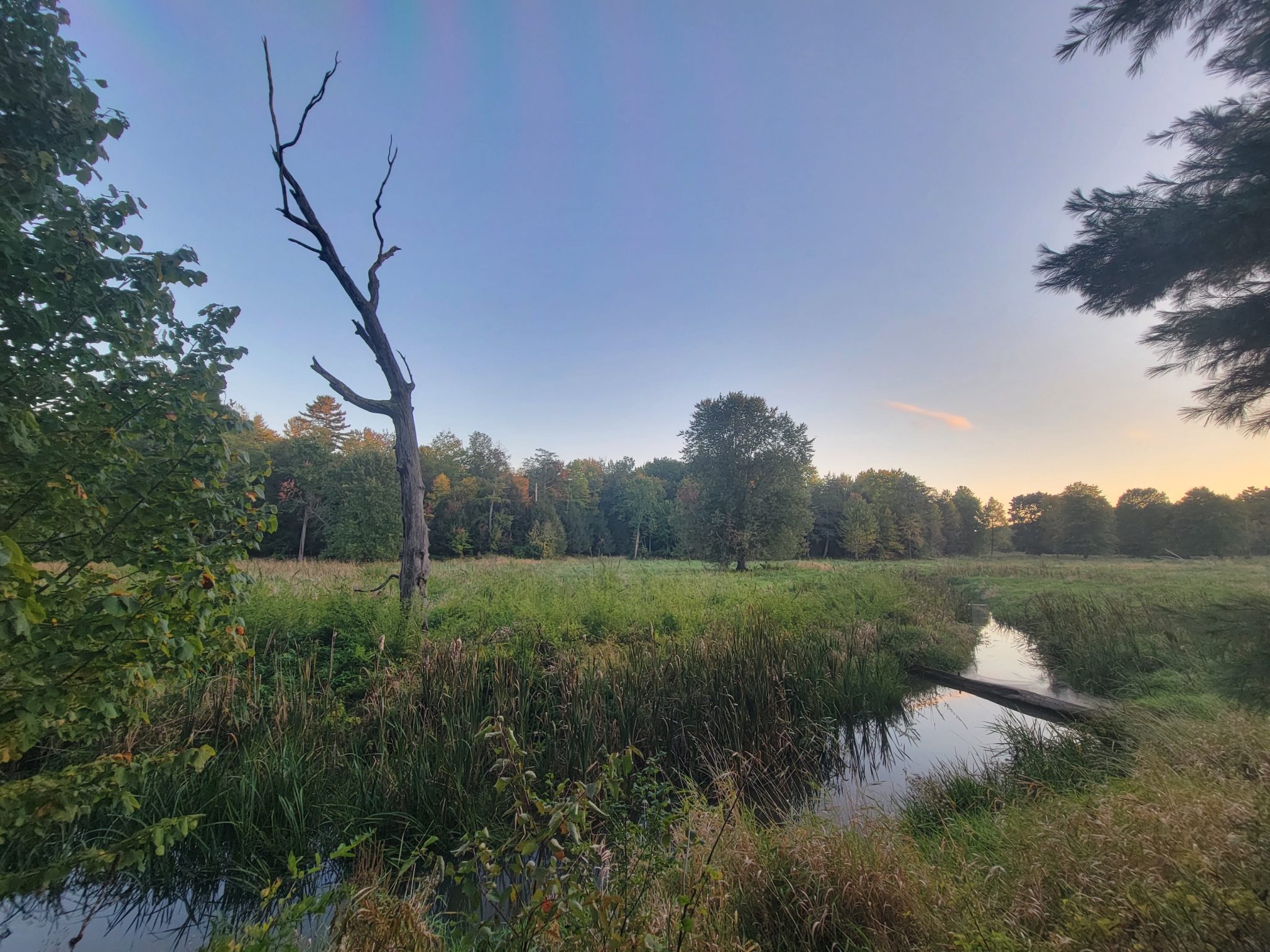Montpelier – The United States Supreme Court issued a decision this week in Sackett vs. EPA that substantially narrows the Clean Water Act (CWA) by ruling that only wetlands with a continuous connection to larger bodies of water are protected under federal law. The decision will leave many ecologically important wetlands unprotected throughout the country, and rolls back protections that have safeguarded our waters for more than 50 years.
“This decision runs counter to the purpose of the Clean Water Act, which is to protect all waters from degradation. Fortunately, Vermont has a broader definition of water than the CWA and has its own wetlands protection program,” said Jon Groveman, policy and water program director. “Accordingly, Vermont waters will likely not lose protection as a result of this decision. However, this decision puts wetlands in many parts of the country at risk, and demonstrates how important it is to have robust water quality protection programs at the state level.”
Even with Vermont’s stronger protections for wetlands, we all should be troubled by this Supreme Court ruling. The decision sides with anti-regulatory organizations who pushed to strip the Environmental Protection Agency’s ability to protect vital natural resources and clean up our country’s waters.
“Wetlands provide a critical filter for our drinking water and stormwater and their protection supports habitat biodiversity. Their shape, size, and connectivity can be complex, but they all play a vital role in providing important wetland functions,” said Karina Dailey, restoration ecologist. “This decision puts public health, and freshwater ecosystems at risk – in a time when we need to work together to support community resilience and nature based solutions to mitigate the impacts of a changing climate.”
###




